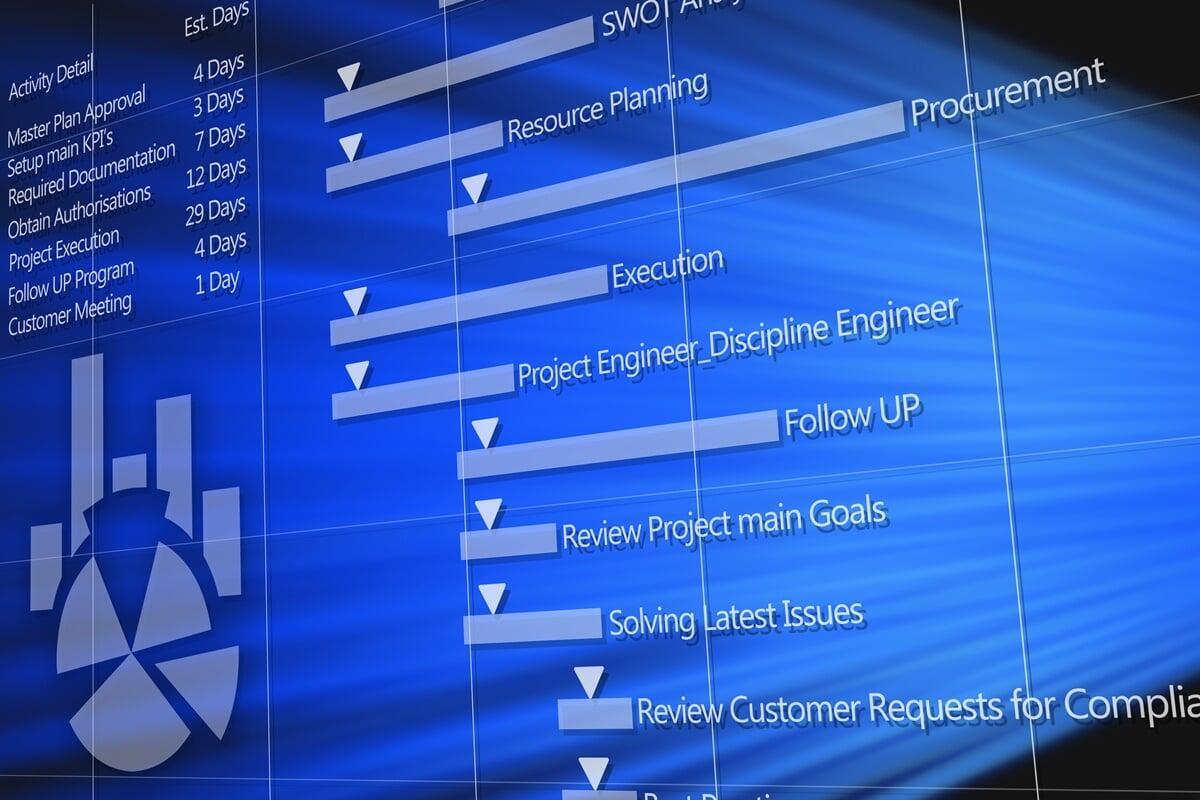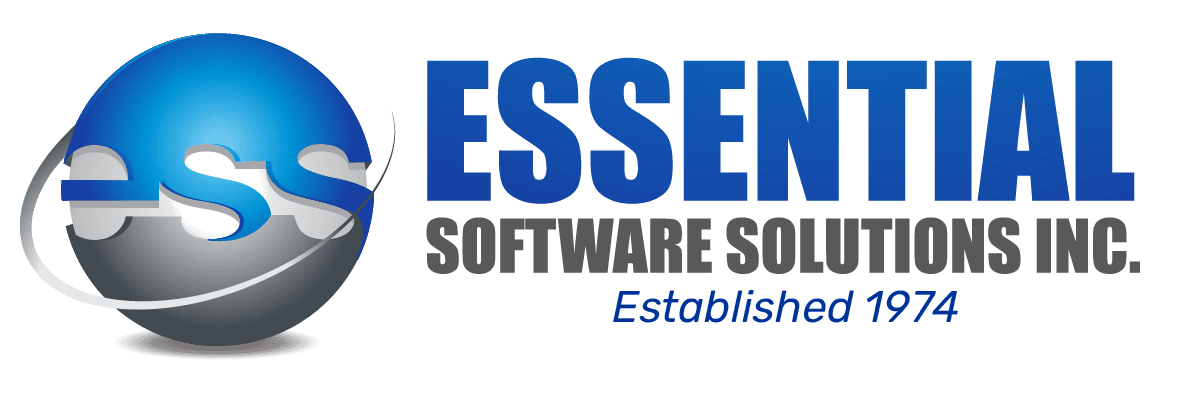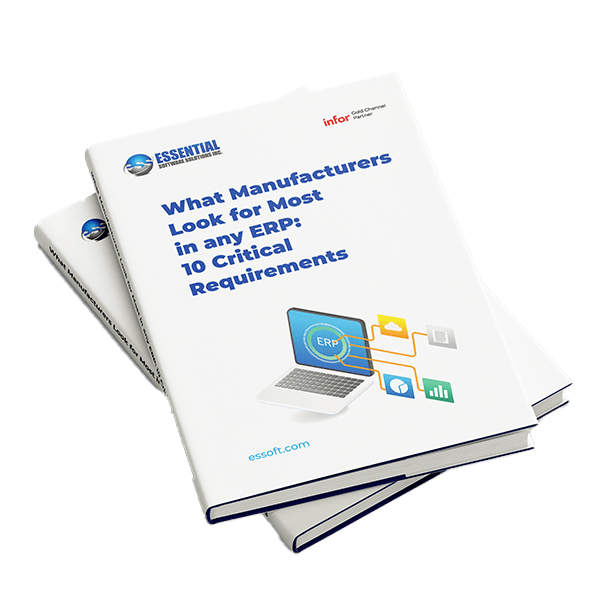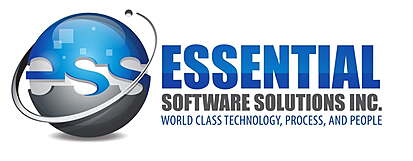ERP Consulting & ERP Software Selection Services
We help manufacturers more than 50 years in Canada and USA
Choosing the right ERP software is more than just comparing ERP sales demos and leading marketing materials. It’s about finding the right fit for your unique business needs and culture. ERP software is complex, it's easy to feel overwhelmed. Your evaluation approach does not need to be. Too often, companies respond to this complexity with an equally complicated evaluation process. But it doesn’t have to be that way.
With more than 50 years of experience, our ERP consultants can help you quickly to evaluate different ERP systems. They make sure that you are provided critical training and ongoing support to ensure your team feels empowered and the system runs smoothly long after implementation.
See our ERP Consulting process;
At ESS, we ensure your ERP investment drives real, measurable results for your manufacturing business. As a certified Infor ERP partner, we bring deep expertise but we also recognize that Infor may not be the right fit for every organization. That’s why our ERP consultants prioritize your business needs first. If another solution is better suited, we’ll guide you there and stay by your side to make sure you still get the full value of your ERP investment.
Our ERP consulting policy guarantees;

Side-by-Side Comparison
Our ERP comparison sheet lays it all out. See how Infor stacks up, and if it's the perfect fit, we'll provide a detailed review and connect you with satisfied customers.

No Strings Attached Policy
Infor may not the sweet spot for your organization. It's completely understandable. We'll guide you to other systems that fit like a glove.

Customized ERP Analysis
We'll dive deep into your ERP needs and budget, ensuring a perfect match for your business.
Objective ERP technology selection consulting is trusted by these professionals
Testimonials you see below didn't buy an ERP software from us but they trusted our expertise in their ERP journey.

Andy has a wealth of practical objective knowledge related to ERP selection and the pros/cons of most ERP’s on the market. He is a true expert in the field and offers candidly unbiased opinions and insights, delivered with a great sense of humor, to help companies peel back the layers of ERP systems and move beyond the marketing hype to truly find a good match for their business operations.
- Bryan Ursic, President at A.M. Gatti

I've had the pleasure of interfacing with Andy Pratico for many years during our search for a Manufacturing ERP to replace our internally developed system. We originally purchased another ERP, and I met Andy just after we had given up on it. He is knowledgeable and very helpful providing advice regarding many of the dangers in that journey. He is very familiar with almost any ERP out there. Our decision did not favor the system that Andy represented but he helped me investigate other ERPs as well.
- Don Galbraith, Director at
Nutana Machine

Thanks to Andy’s guidance, I’ve gained invaluable knowledge in effectively evaluating ERP systems. Thanks to his guidance, I’ve developed a much sharper ability to evaluate ERP solutions effectively. Andy has a unique talent for shedding light on aspects of ERP evaluation that often go unnoticed.
Before working with him, I was overwhelmed by the endless options, seeing only the appealing features but missing critical loopholes until much later in my research.
- Pamith de Silva, LSS Green Belt Process Improvement Specialist

Andy and I had the chance to speak regarding our ERP project. He has a real knowledge of this industry. He guided me through our ERP selection and warned me of future roadblocks. You can tell he has experience in the industrial and manufacturing market.
- Simon Charbonneau-Campeau, Engineer - Project Manager - Consultant

Andy brings a fresh breath of transparency to the ERP evaluation process. I always enjoy working with him & the ESS team. His objective lead process provides clarity around often nuanced ERP processes. If you have the opportunity, attend one of his workshops, and you will know exactly what I mean!
- Aaron Hannan,
Channel Sales Manager

Andy has provided some straightforward and objective advice on how to proceed with software selection. This has allowed our company to focus on what functionalities are truly important to us and has allowed us to broaden our search to more cost effective solutions.
- Tristan Hulscher

Andy is a great source for insight into the ERP options available for small to medium-sized enterprises. In a short period, Andy was able to provide me with an overview of options--from Infor to Netsuite to Sage to QAD to IFS to Dynamics and more. Based on the profile of a company, he can provide the pros and cons of the options and recommend the best fit to your needs. He asked penetrating questions to understand the company in question. I can recommend Andy to others for this kind of service. Thanks so much Andy!
- Tom Rodden, Board Advisor at Onymos Inc

- Iana Ershova,
Supply Chain Manager, Project Manager

- Michelle Harvey,
Independent ERP and IT Strategy Consultant
Why Objective ERP Guidance Matters?
Evaluating ERP through legacy methods is a complex, time-consuming undertaking. In fact, some claim this task is so daunting it is not even humanly possible. Attempting to reverse any mistake will be very expensive. And getting it right seems to be the exception. No wonder ERP customer dissatisfaction is so high.
Is there an Alternative Evaluation Approach that guarantees success? Yes and we accompany with you in this way.
Blogs
The Dunning-Kruger Effect: An Emotional Journey in ERP Selection
7 Signs That It Maybe Time to Change Your ERP Software
Effective Change Management Will Ensure ERP Success
Remember, if you do not like the ERP after you go live, why does it matter if you liked their sales demo?
If you are just getting started and would like to discuss how to select ERP with one of our ERP selection consultants, please click the link below.
We will give you the tools to move forward with confidence.
Good to Knows While Evaluate ERP

The Total Cost of Ownership
in any ERP Investment
The Total Cost of Ownership
in any ERP Investment

Proactive Risk Management and
Organizational Challenges
Proactive Risk Management and

Most Valuable Step During ERP Vendor Selection?
Most Valuable Step During ERP Vendor Selection?
Other Professional ERP Services

ERP Implementation
If Infor fits you, we will be glad to accompany your ERP implementation journey.

Infor ERP Training
If you already use Infor but not able to maximize your performance due to several reasons like talent or technical gaps, you may want to check our Infor ERP trainings

Talk with an ERP advisor
Talk with an ERP advisor
Do you have questions about ERP selection, ERP implementation, ERP trainings or any other issues with digital transformation? Talk with one of our advisor, we'd be glad to help you.
Don't hesitate to contact. Our client policy is 'no string attached'.






















